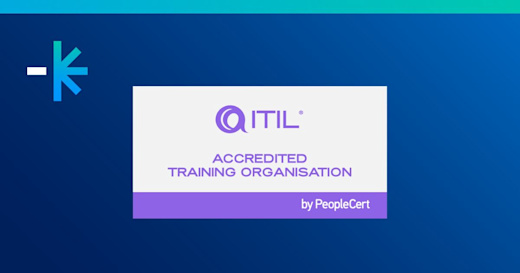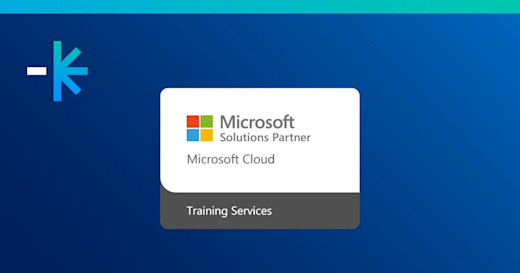There is a major digital skills shortage in the Australian workforce: 87 per cent of jobs now require these skills and Australia needs 156,000 new technology workers to keep pace with the rapid transformation of businesses.
The Federal Government echoed these sentiments, noting that today, 28 per cent of the population are digitally excluded, and less than half of professional workers feel competent with handling digital information and problem-solving using data.
Not surprisingly, the problem is particularly acute among SMBs, which employ some 7.4 million Australians. MYOB estimates almost half a million of Australia’s small businesses have no or low digital engagement.
Small business owners often have limited resources and budgets, which can make IT training a challenging proposition.
The free e-book provides insights on available small business grants and training you can access for you and your team. Get details on:
The digital skills gap for SMBs
Key barriers to upskilling and digital transformation for small business
Why digital skills are essential to SMBs - including a case study of a Queensland-based construction business
The top digital skills for small business
Available training on cloud computing, project management, end-user applications and cyber security training for small business
Flexible training solutions to break down barriers - including micro-credentials, short courses and bootcamps, and online small business courses
Digitalisation is essential for SMBs to remain resilient and competitive in the market. The pandemic has illustrated this perfectly. Small businesses with an online presence (e.g., social media profile, e-commerce capabilities) pre-pandemic experienced less revenue decrease throughout the crisis.
Some increased their adoption of digital tools to take advantage of changed consumption patterns, such as the increase in online shopping.
With many of these pandemic-induced changes set to last, agile small to medium businesses are looking to scale up their digital tools and invest in more training for their staff -- or risk being left behind.
Alarmingly, 1 in 4 respondents to the RMIT/Deloitte survey reported they did not have the skills they needed to complete their day-to-day job, and one in five thought there was a possibility they would be made redundant.
Recruitment firm Hays defines digital skills as those that allow people to use digital tools like apps, devices or platforms to complete their work. They are undeniably required for almost every job function. “They include, but are not limited to, the ability to communicate digitally, collaborate digitally, use new tools and apps, manage cyber security risks and gain insights from increasingly large data sets.”
Aside from basic digital skills, there are a few core digital activities that most businesses need to do effectively to remain competitive8:
maintain a web presence
sell online
use the cloud
digitise back-office functions like payroll
Access the e-book as a PDF by completing the form on this page. You'll also find information on Lumify Group's offerings created and curated to support digital transformation for small businesses.











